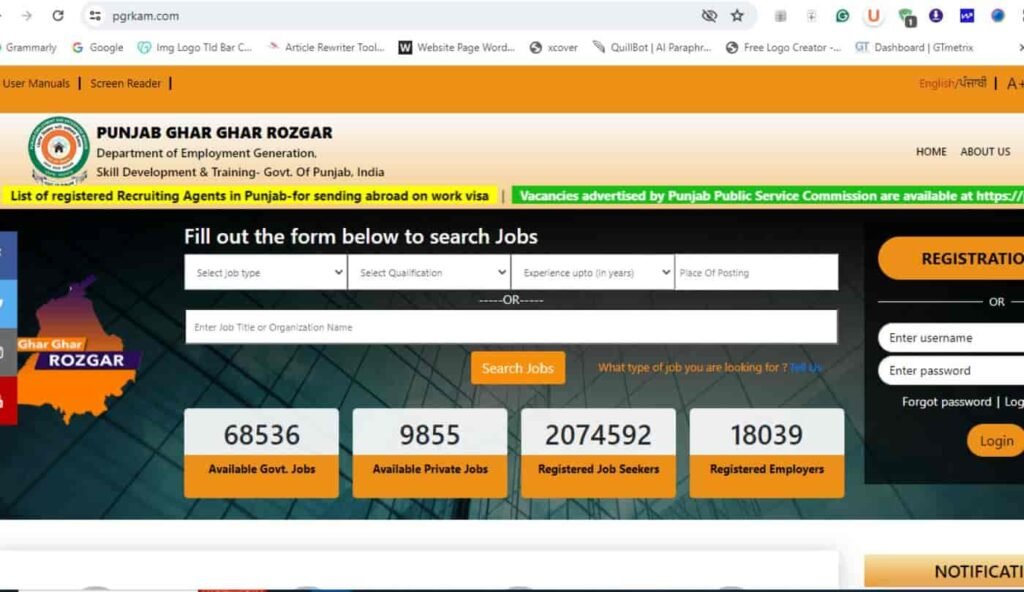In a concerted effort to propel the widespread adoption of Electric Vehicles (EVs) across the nation, the Ministry of Heavy Industries, Government of India, has introduced the Electric Mobility Promotion Scheme 2024 (EMPS 2024). This initiative, approved by the Department of Expenditure, Ministry of Finance, is designed to expedite the uptake of electric two-wheelers (e-2W) and three-wheelers (e-3W) through targeted incentives and subsidies.

Objectives and Scope of EMPS 2024
EMPS 2024 aims to foster the growth of green mobility and the electric vehicle manufacturing ecosystem in India. With a total outlay of Rs 500 crore, the scheme operates over a four-month period, spanning from April 1, 2024, to July 31, 2024. Its primary focus is on stimulating demand for electric two-wheelers and three-wheelers, including registered e-rickshaws and e-carts, as well as L5 category vehicles.
Eligible Vehicle Categories and Incentives
Under EMPS 2024, subsidies or demand incentives are extended to electric two-wheelers and three-wheelers equipped with advanced batteries. The scheme supports EVs registered for commercial purposes, with a supplementary provision for privately or corporately owned registered e-2W vehicles. Notably, the L5 category of electric three-wheelers, characterized by a maximum speed exceeding 25kmph and a motor power surpassing 0.25kW, is also included in the scheme.
Of the total outlay, Rs 493.55 crore is allocated for subsidies or demand incentives, while Rs 6.45 crore is earmarked for scheme administration, including information dissemination and project management agency fees.
Impact and Targets
EMPS 2024 aims to facilitate the adoption of 3,72,215 electric vehicles, comprising 3,33,387 e-2Ws and 38,828 e-3Ws. This includes 13,590 e-rickshaws and e-carts, as well as 25,238 e-3Ws in the L5 category. By incentivizing EV adoption, the scheme not only promotes environmentally friendly transportation options but also contributes to India’s self-reliance goals by fostering a competitive and resilient EV manufacturing industry.
Conclusion
The launch of Electric Mobility Promotion Scheme 2024 underscores the government’s commitment to advancing e-mobility and reducing carbon emissions in the transportation sector. Through targeted incentives and subsidies, EMPS 2024 aims to accelerate the transition towards sustainable and energy-efficient electric vehicles, thereby paving the way for a cleaner and greener future for India.
In addition to EMPS 2024, the Ministry of Heavy Industries has bolstered its support for electric mobility by augmenting the budget for the Faster Adoption & Manufacturing of Electric Vehicles in India (FAME-II) scheme, further emphasizing the government’s determination to promote electric mobility across the country.


